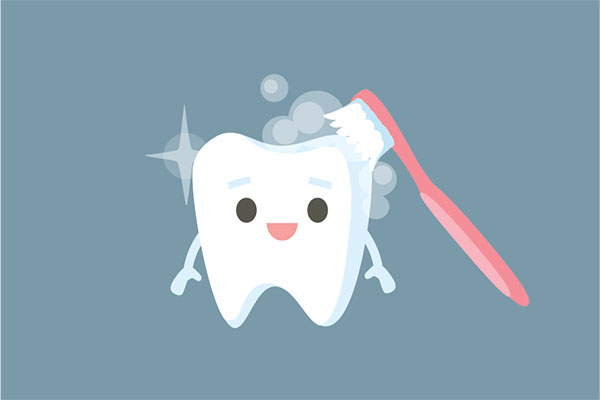 Your pediatric dentist can answer your questions about pacifier use and thumb-sucking. All newborns need to suck. It is an instinctive behavior for feeding. For some infants, sucking is calming and soothing. This adorable behavior can use thumbs or pacifiers. If you want to know more about pacifier use and thumb-sucking, here are some questions for your pediatric dentist.
Your pediatric dentist can answer your questions about pacifier use and thumb-sucking. All newborns need to suck. It is an instinctive behavior for feeding. For some infants, sucking is calming and soothing. This adorable behavior can use thumbs or pacifiers. If you want to know more about pacifier use and thumb-sucking, here are some questions for your pediatric dentist.
What should a parent consider when selecting a pacifier?
Knowing the baby is important when shopping around for a pacifier. These accessories come in various sizes and shapes. Pacifiers also come with hard, medium, and soft nipples. For first-time parents, trial and error is often the way to find out what suits the baby most.
The shield of the pacifier should be one and a half inches in diameter or more. This will make sure that the pacifier will not get into the baby’s mouth. The pacifier’s shield should be firm with airholes. A pediatric dentist would recommend following the cleaning instructions for the pacifier. Parents should boil the pacifier first before the baby uses it.
There should also be extra pacifiers. These baby accessories tend to fall or disappear whenever babies need them most. A pediatric dentist would disagree about replacing the pacifier nipple with a regular bottle nipple. The baby might suck hard and dislodge the nipple. This would then be a choking hazard. Taking note of the pacifier’s expiration date also helps keep things fresh for the baby.
What precautions should the parent remember before offering a pacifier?
A pediatric dentist will recommend giving a pacifier during bedtime or nap time. Studies show that it reduces the baby’s risk of SIDS (sudden infant death syndrome). Breastfeeding moms should wait for three to four weeks before offering a pacifier. This will be enough time for breastfeeding to become a routine.
The baby should only have a pacifier when the baby is not hungry. A pediatric dentist will not advise parents to replace a meal with a pacifier. Forcing the baby to take a pacifier is not good. Tying the pacifier to the crib, the baby’s hand or neck is dangerous.
When should thumb-sucking and pacifier use stop?
Being aware of the child’s sucking habit helps parents know when to start discouraging it. This behavior becomes a problem between two and four years of age. Active sucking beyond the age of four may affect the normal development of the jaw and mouth. It may even cause dental misalignment. The child will need teeth-straightening treatment to prevent broken front teeth. Talking to a pediatric dentist can help determine if it is time for the baby to stop sucking.
How can parents help their child stop the habit?
In many cases, babies stop on their own. If the baby is having difficulty stopping the habit, reprimands and yelling will not help. Instead, praise the baby each time the sucking stops. Distracting the baby with fun activities or songs can also help.
Visit your pediatric dentist today
Sucking is an instinctive behavior in babies. After a time, your baby should stop the habit. Extended, active sucking behavior can lead to jaw, teeth, and gum development issues. An appointment with your pediatric dentist can help guide you about thumb-sucking and pacifier use.
Request an appointment or call Precision Orthodontics & Pediatric Dentistry at 703-391-8800 for an appointment in our Reston office.
Recent Posts
Fluoridated water is part of pediatric dentistry. It is a convenient and easy way to strengthen and protect teeth at an early age. Many areas have fluoridated water, which is a definite advantage. If you want to know why a dentist will likely recommend fluoridated water, here are the details.Studies show that almost all sources…
The right time to schedule a pediatric dentistry appointment for your child can vary based on a variety of factors. Routine professional cleanings and checkups are an essential part of good oral health for patients of all ages, including babies and children. You may be surprised to find out just how early the American Dental…
Dental crowns are important in pediatric dentistry. Each primary tooth is a living guide for the development of permanent teeth. But baby teeth can also suffer from decay. So restoring these teeth is important for the general health of your child. If you want to know if pediatric dentistry uses dental crowns, here are the…


